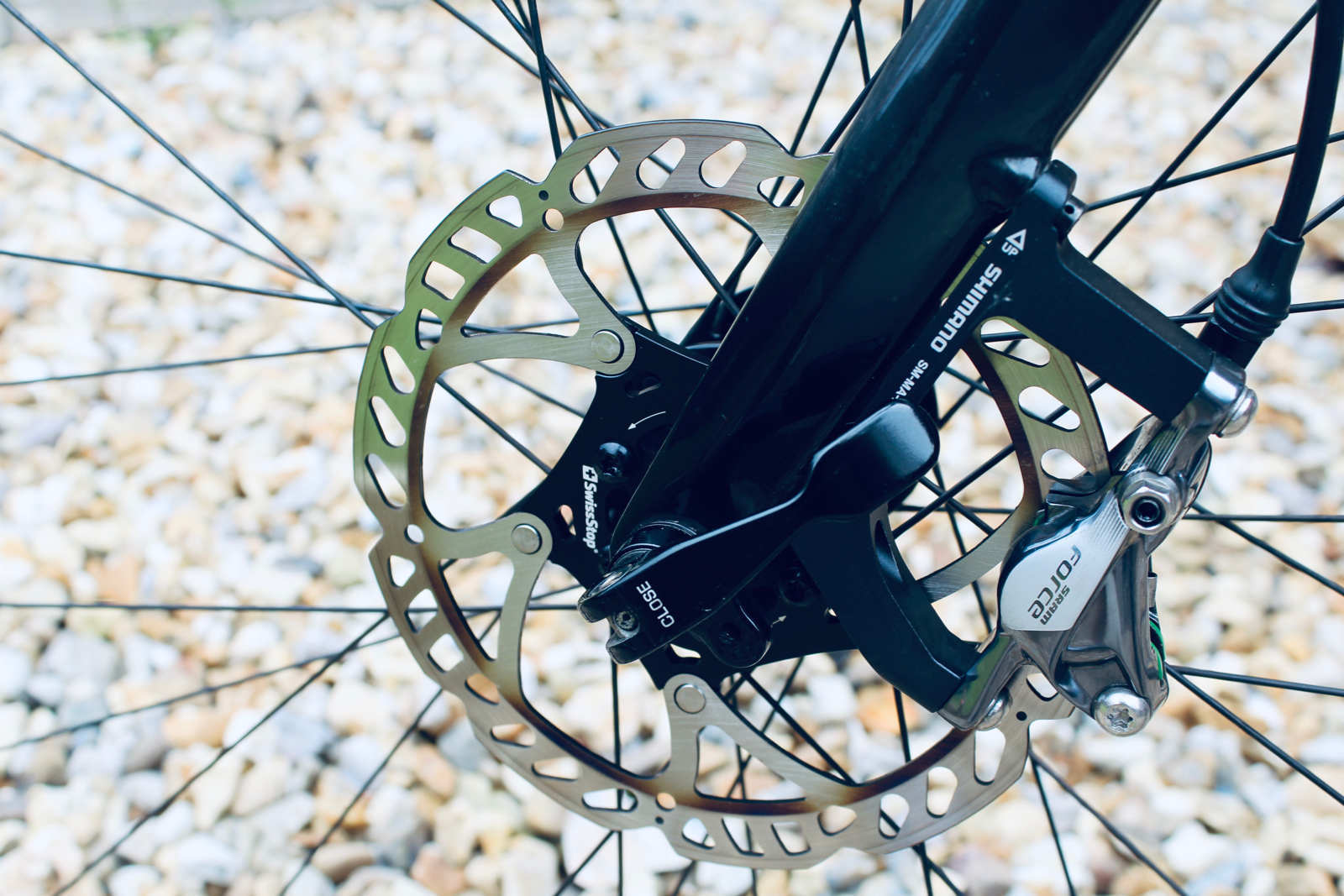Endurance Nutrition – Staying Fibre Fit
Dietary fibre is not something often talked about in sports nutrition; but it should be. Nine out of ten people do not get their recommended 30 grams of fibre each day; a problem that is often responsible for minor stomach discomforts, but also for more serious issues such as bowel cancer.
Fibre is an important part of a healthy diet. Far from just "keeping you regular" foods high in fibre can help support your gut health. Furthermore, eating plenty of fibre is associated with a lower risk of heart disease, stroke, type 2 diabetes, and bowel cancer – Ref.
Adding more fibre to your diet could improve comfort and therefore ultimately performance. It can help overcome athlete ailments such as gastric reflux syndrome, as well as improving sleep quality. Consider how you could evolve your diet to include more fibre.
In this blog post, I look at the importance of fibre—in partnership with the #RyvitaFibreFit challenge.
Fibre is a nutrient that exists in two forms – soluble and insoluble – you can only get it from plant sources; you will not find it in meat, fish, or dairy.
- Insoluble fibre is not digestible and passes through the body. Plant sources such as nuts and seeds are useful sources of insoluble fibre.
- Soluble fibre is digestible. Soluble fibre is found in rye, oats, and barley; along with fruits and vegetables.
Fibre is an important part of a healthy diet. Far from just "keeping you regular" foods high in fibre can help support your gut health. Furthermore, eating plenty of fibre is associated with a lower risk of heart disease, stroke, type 2 diabetes, and bowel cancer – Ref.
For athletes, fibre is particularly important to avoid discomfort and bloating when exercising. With the added calorie intake required by endurance athletes, it is crucial that you up your fibre intake by an equivalent ratio.
The British Nutrition Foundation suggests the following foods as being high in fibre:
- Wholegrain breakfast cereals
- Whole-wheat pasta
- Wholegrain bread
- Oats, barley, and rye (as found in Ryvita)
- Fruit: such as berries, pears, melons, and oranges
- Vegetables: such as broccoli, carrots, and sweetcorn
- Peas, beans, and pulses
- Nuts and seeds
- Skin-on potatoes
Check out my 'Cyclist's Shopping List' post for further ideas.
7 Easy Fibre Hacks!
- Keep the skin on your fruit and vegetables – Obviously not for bananas and citrus fruits, but for apples, carrots, cucumbers etc.
- Add a portion of fruit or vegetables in every meal – Raisins in porridge, carrot sticks in your lunchbox…
- If in doubt, just add peas… – Frozen peas are a great fibrous addition to anything from salads to roast dinners.
- Peanut butter is king! – Peanut butter on two Ryvita Crunchy Rye Breads will deliver 1/5 of your daily fibre requirement.
- Sprinkle seeds on you stir fry or salad – Seed are a great source of fibre.
- Opt for dark chocolate rather than milk chocolate – Cocoa is a useful source of fibre (it is a bean after all).
- Blitz up a frozen banana – It makes for a great milkshake or addition to an ice cream bowl.
Here are some more High Fibre Ideas...
 |
| High Energy Flapjacks – Oats are a great source of fibre |
 |
| The Feed Zones Portables Cookbook has many great high fibre recipe ideas |
 |
| Homemade Cereal Bars – High in fruit and fibre |
 |
| Healthy Homemade Hummus – Chickpeas and Dippers are high in fibre |





Comments
Post a Comment